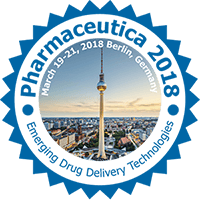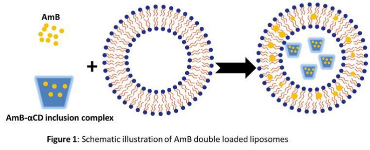
N.Basaran Mutlu Agardan
Gazi University, Turkey
Title: Redox potential sensitive smart nanopreparations for drug and siRNA delivery in cancer
Biography
Biography: N.Basaran Mutlu Agardan
Abstract
Cancer drug nanotechnology is a multidisciplinary area of research, aiming the delivery of therapeutic agents to tumors effectively with minimum damage to normal cells. In the past decades, the advantages of nanopreparations such as liposomes, micelles, nanoparticles, etc. over conventional therapies have been very well defined. Despite all efforts, only a small portion of the administered dose reaches the tumor site for its intended effect. Now, research has been focused on much more complicated delivery systems with less side effects, better targetability, enhanced intracellular penetration and stimuli-sensitivity. As a general concept, the effectiveness of conventional chemotherapeutics are considerably limited by systemic cytotoxicity, inability of bypassing biological barriers, poor biodistribution, nonspecific delivery and development of drug resistance. Engineering of stimuli-sensitive nanopreparations bases on particular characteristics of the tumor microenvironment such as reduced pH, increased local temperature, altered enyzmes/redox status, and scopes drug delivery systems that respond these specific differences. Glutathione (GSH) is the main reducing agent and the major thiol-disulfide redox buffer of the cells. Blood is generally an environment in which disulfide exchange reactions are minimal. Remarkably, glutathione concentration in a tumor mass is about 100-fold higher than the extracellular level of in normal tissues. This extreme concentration difference makes GSH a potential candidate stimulus for drug delivery to tumors especially in certain types of cancers. Disulfide bonds are increasingly under research as redox-responsive linkers for those drug delivery systems because GSH can easily breaks that bond. Following the reduction of the disulfide bonds, a rapid disruption of the nanocarriers results in the release of cancer therapeutics or siRNA. For this purpose, a redox responsive micellar nanocarrier PEG-ss-PE-PEI was synthesized providing redox potential-activated green fluorescent protein (GFP) silencing in vitro.
Figure : Stimuli-responsive drug targeting strategies via nanopreparations


